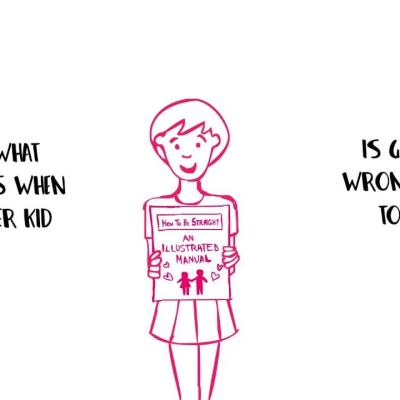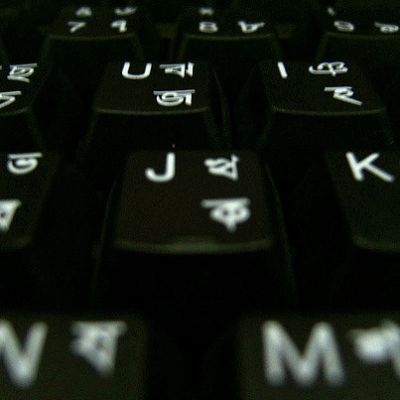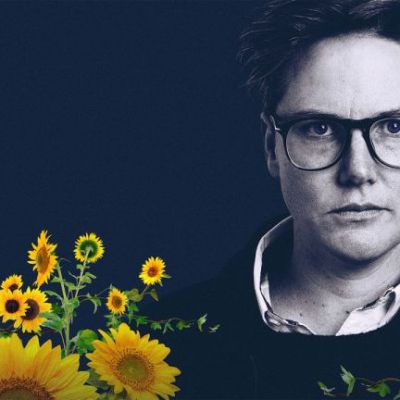LGBTQ
“For the first time in India, 20 LGBT (lesbian, gay, bisexual and transgender) persons in four cities open up in…
The internet is playing a major role in activism in the Valley, and love and relationships too Onaiza Drabu Since…
Saathi IIT Bombay, an LGBTQ resource group of students and staff at IIT Bombay welcomed new entrants in 2015 with…
In a way, Mrs Chatterjee’s worst fears had been confirmed. The hostel was indeed dangerous – not because of “raging hormones”, but because wewere constantly initiating discussions and circumstances which challenged the patriarchal status quo.
This video series draws upon childhood and teenage memories to offer an insightful, humorous and often poignant Beginner’s Guide to Growing Up Queer and Invisible.
In this essay, I revisit my early struggles with AIDS diagnosis during the summer of 2003. The recollections allow me to rethink how the New York cityscape and coming out about my HIV status to my parents in India shapes a racialised experience with HIV and AIDS, family relations, and transnational migration. Such a racialised experience is erased within Tony Kushner’s Angels in America.
Many queer Indians who converse largely in their respective regional languages find it difficult to put a name to their queer identity in their ‘mother tongue’.
If your one step – addressed to everyone irrespective of caste, class, gender, religion, and sexuality – is a giant leap for marginalised and oppressed people, Stonewall will not be far behind.
In Nacher Chhele, a 38 year old Avijit stands outside himself, takes a long look at his past, and writes an intense testimonio, which would resonate with many middle class Bengali queer men who grew up in the pre-global, pre-Internet city of Calcutta in the 80s and 90s.
Desire is never straightforward, and it cannot be straitjacketed – in fact, there is nothing straight about desire at all. Any issue dealing with desire, therefore, is wasted if viewed through a monochromatic lens.
The concluding chapter reiterates the aims of the book, i.e., “to start critical conversations within the disciplines of psychology, social work, childhood studies, and family studies in India and to think about exclusions inherent in these disciplines.
In Nanette, Hannah Gadsby’s hour-long Netflix special that transcends the very notions of stand-up comedy, forces of reclamation, protest, and rage culminate to form a darkly hilarious but heartbreaking diatribe against patriarchy, heteronormativity, violence and marginalisation.
In an e-mail conversation with TARSHI, Alok Vaid-Menon talks about both performativity and poetic performance.
In the short film, Baby Steps, a seemingly mundane Skype conversation between a mother and son turns into something more.
I could have called it transformation instead of transitioning. But it became clear to me that transitioning does not necessarily imply a caterpillar-butterfly story but that it means a gradual acceptance of the self (and the self is ever-transitioning); of being comfortable in your own skin (even if it means shedding skin); of perfecting your act (even if it means learning a few new things).















